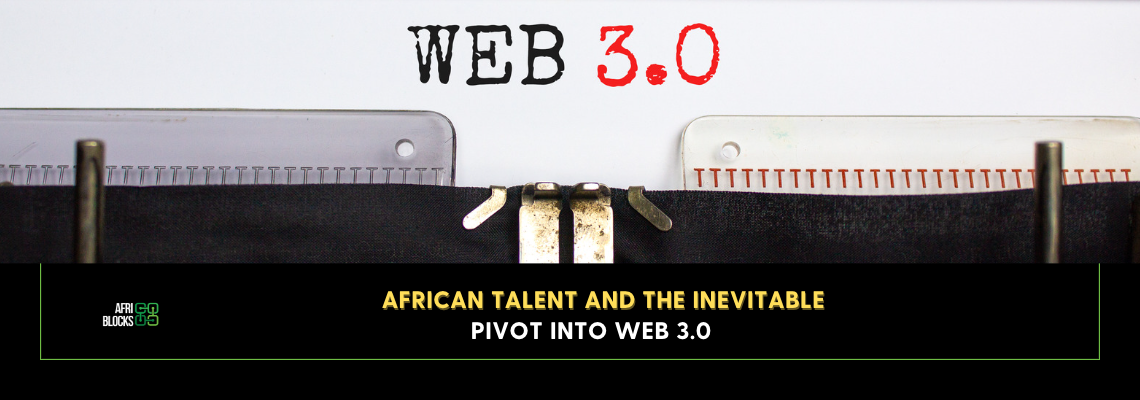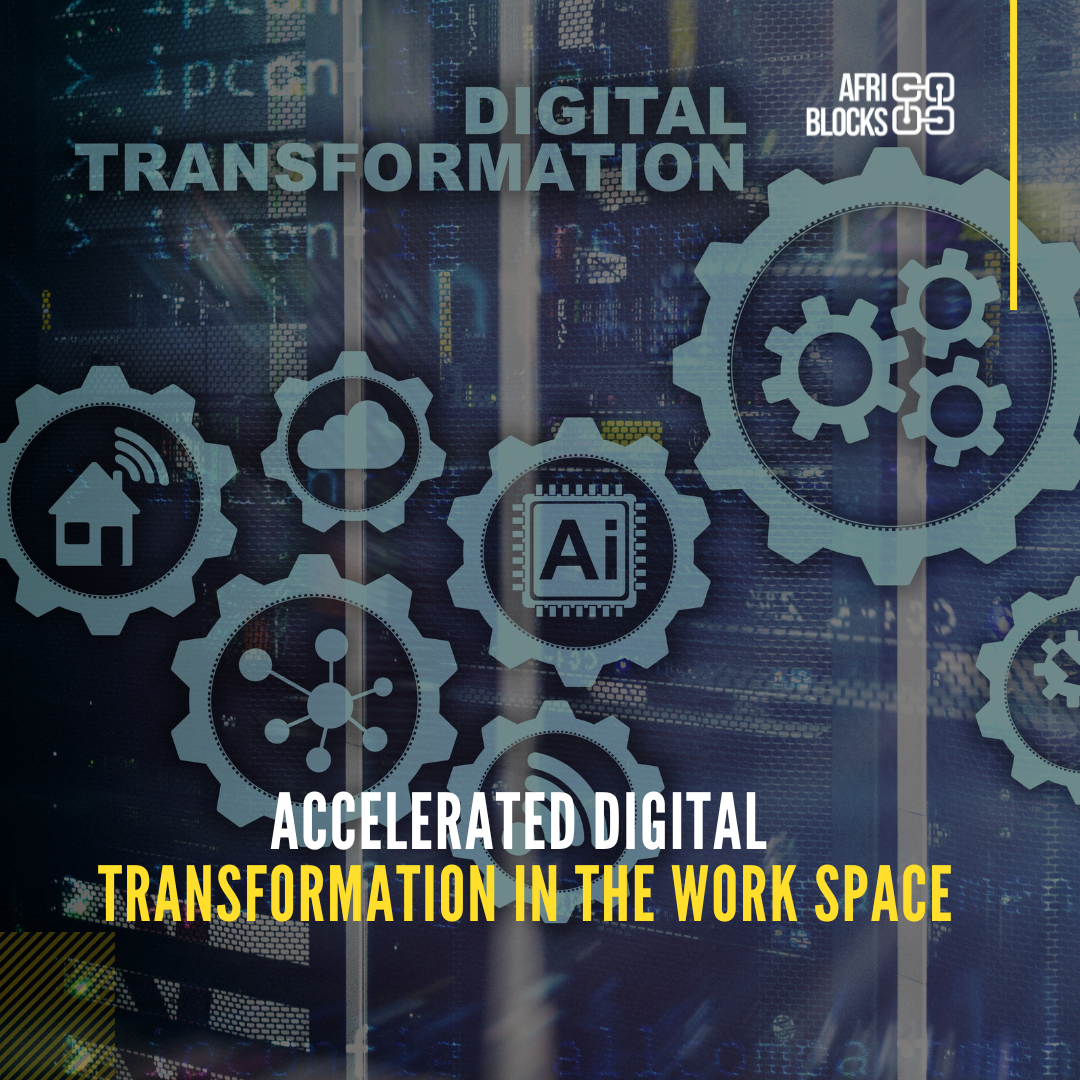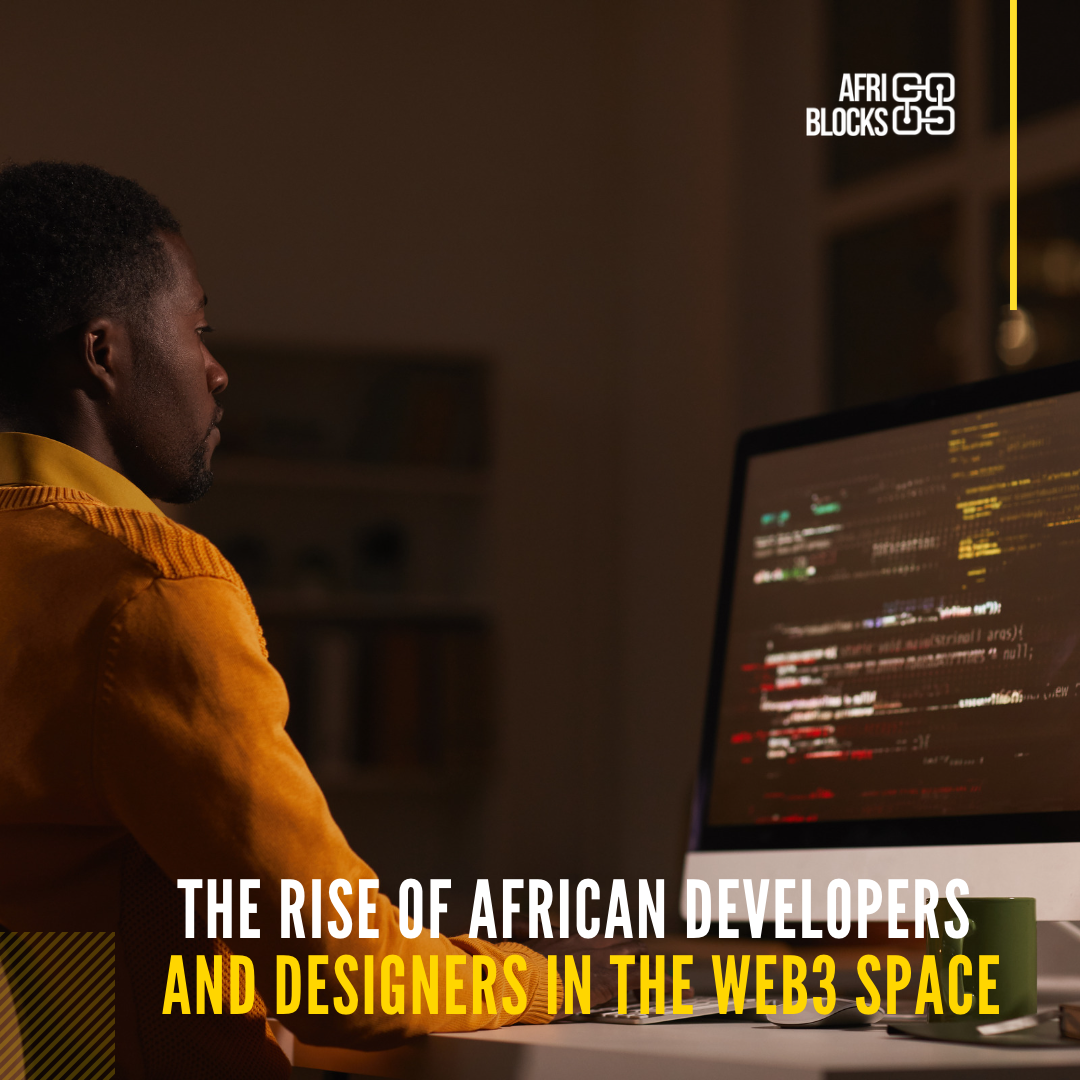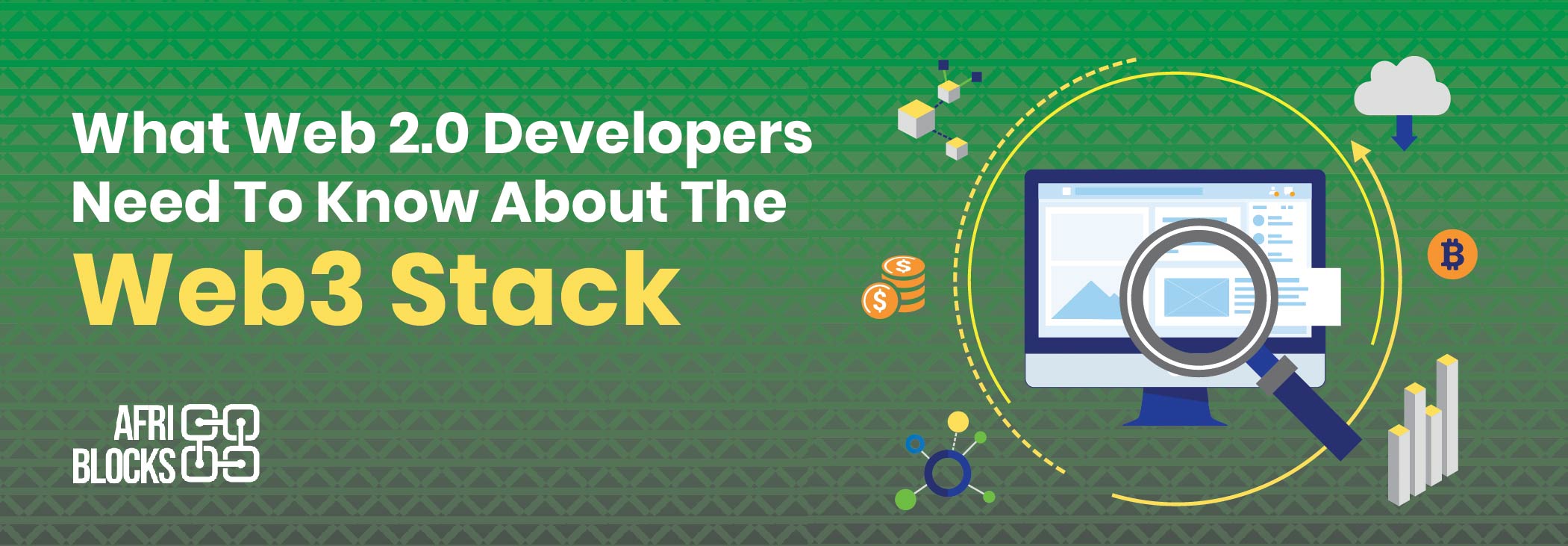
AfriBlocks Network
The advent of Web 3.0, also known as the decentralized web, holds immense potential to disrupt traditional business models and industries. Web 3.0 is characterized by the integration of blockchain technology, decentralized networks, and smart contracts, enabling greater transparency, security, and peer-to-peer interactions. In this article, we will explore how Web 3.0 has the power to revolutionize various sectors and challenge established business models.
One of the most significant impacts of Web 3.0 is in the realm of decentralized finance (DeFi). By leveraging blockchain technology, DeFi platforms eliminate the need for intermediaries, such as banks, in financial transactions. Smart contracts enable automated and secure lending, borrowing, and trading, providing individuals with greater control over their finances. This disruption has the potential to democratize finance, making it more accessible and inclusive for individuals worldwide.
Web 3.0 has the potential to transform supply chain management by introducing greater transparency and traceability. Blockchain technology enables the recording of every transaction and movement of goods, ensuring that information is immutable and easily auditable. This transparency can help prevent fraud, and counterfeiting, and improve sustainability practices. By streamlining supply chain processes and enhancing trust, Web 3.0 can create more efficient and ethical supply chains.
The traditional models of intellectual property and content distribution face challenges such as piracy and limited revenue streams. Web 3.0 offers solutions through blockchain-based platforms that enable creators to protect their intellectual property rights and receive fair compensation directly from consumers. This disintermediation of content distribution can empower artists, musicians, writers, and other creators, leading to a more equitable and sustainable creative economy.
Issues regarding data privacy and ownership are some of the most pressing challenges faced by the technology we have today. By giving individuals control over their personal information, Web 3.0 takes a step towards fixing these privacy concerns. Through decentralized identity solutions, users can manage their digital identities securely and selectively share data with trusted parties. This shift challenges the current data-driven business models that rely on centralized platforms collecting and monetizing user data. Web 3.0's emphasis on privacy and ownership can empower individuals and reshape the digital landscape.
Decentralized governance models, where decision-making is distributed among participants, are another key pillar of Web 3.0 tech. Blockchain-based platforms enable transparent voting mechanisms and community engagement, allowing stakeholders to have a say in the direction and policies of organizations. This disruption has the potential to challenge traditional hierarchical structures and create more inclusive and democratic decision-making processes.
Web 3.0 has the potential to revolutionize the real estate industry by introducing fractional ownership and eliminating intermediaries. Through tokenization, individuals can invest in properties and access real estate markets that were previously inaccessible. Smart contracts enable automated rent collection and property management, reducing administrative costs and increasing efficiency. This disruption has the potential to democratize real estate investment and provide opportunities for smaller investors.
The healthcare industry is another area that will benefit from the application of Web 3.0 technologies by enabling secure and transparent sharing of medical records, enhancing interoperability between healthcare providers, and facilitating telemedicine services. Blockchain technology can ensure the privacy and integrity of patient data, while smart contracts can automate healthcare transactions and streamline administrative processes. This disruption has the potential to improve healthcare access, reduce costs, and empower patients to take control of their health.
Web 3.0 is poised to disrupt traditional business models and industries by leveraging the power of blockchain technology, decentralized networks, and smart contracts. From finance and supply chain management to intellectual property and governance, the potential for transformation is vast. As Web 3.0 continues to evolve, businesses and industries must adapt and embrace these disruptive technologies to stay competitive and meet the changing demands of a decentralized and interconnected world. By harnessing the potential of Web 3.0, we can create a more inclusive, transparent, and efficient economy that benefits individuals and society as a whole.
Backed by TechStars and Google; AfriBlocks equips users with a talent platform that streamlines the process of connecting with top affordable African freelancers. Making it easier to find, vet, hire, and pay African talent.
Post A Job to support: https://afriblocks.com/request-a-service










